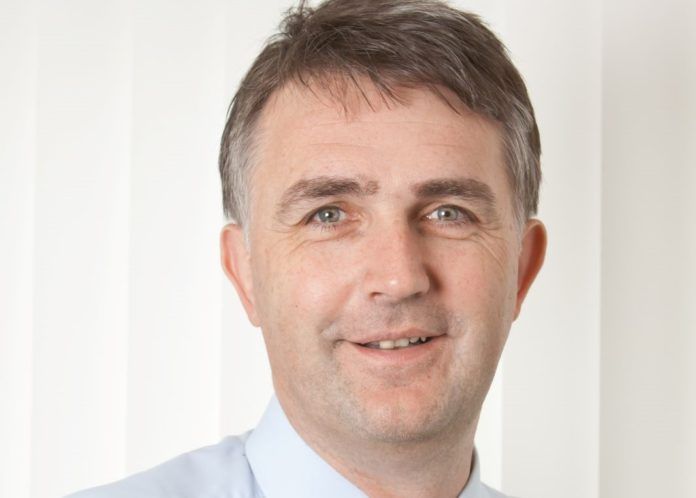
The Energy and Utilities Alliance, EUA, has called on the next government to “make the big decisions required for decarbonisation” and put consumers front and centre of policy in a new ‘manifesto’ ahead of this month’s General Election.
To achieve decarbonisation, EUA identified 5 priority areas to be acted on, including a new infrastructure, ambitious heat policy, stronger action on transport emissions, making fuel poverty history, building better homes and enforcing standards.
Mike Foster, chief executive of EUA, said: “Decarbonisation is high on the political agenda, and rightly so. But for the UK to meet the 2050 Net Zero targets, the incoming government must consider the consumer journey to decarbonisation.
“Consumers should be front and centre of future policy, and government, together with industry have a duty to consider what they really want and if it can be delivered. Take a look at the heat sector for example. When it comes to heat, gas is the UK’s fuel of choice, and for good reasons. The gas grid currently delivers gas into the homes over 85% of the UK population which is achieved through a first-class distribution network developed over many years.
“Heat demand is seasonal, no surprise there, but its peaks during the winter either need to be met by supply or people will go cold. The latter is no policy prescription that any sensible politician advocates. So having the energy, in whatever shape, available at short notice to meet peak demand, whilst not having supply sitting idle for much of the year has to be the energy outcome of choice.
“EUA believe that the only sensible, cost effective and deliverable solution to decarbonising the hard to tackle heat sector is by using clean gases such as hydrogen. The gas infrastructure is already in place for nearly nine out of 10 homes. It can deliver secure and affordable heat whilst providing the carbon reductions we need to make without any major disruption or unrealistic cost implications.”
He added that the country needed to step up its discussion on fuel poverty at a national level, “by making it a norm that no one should ever go cold in their home”.
